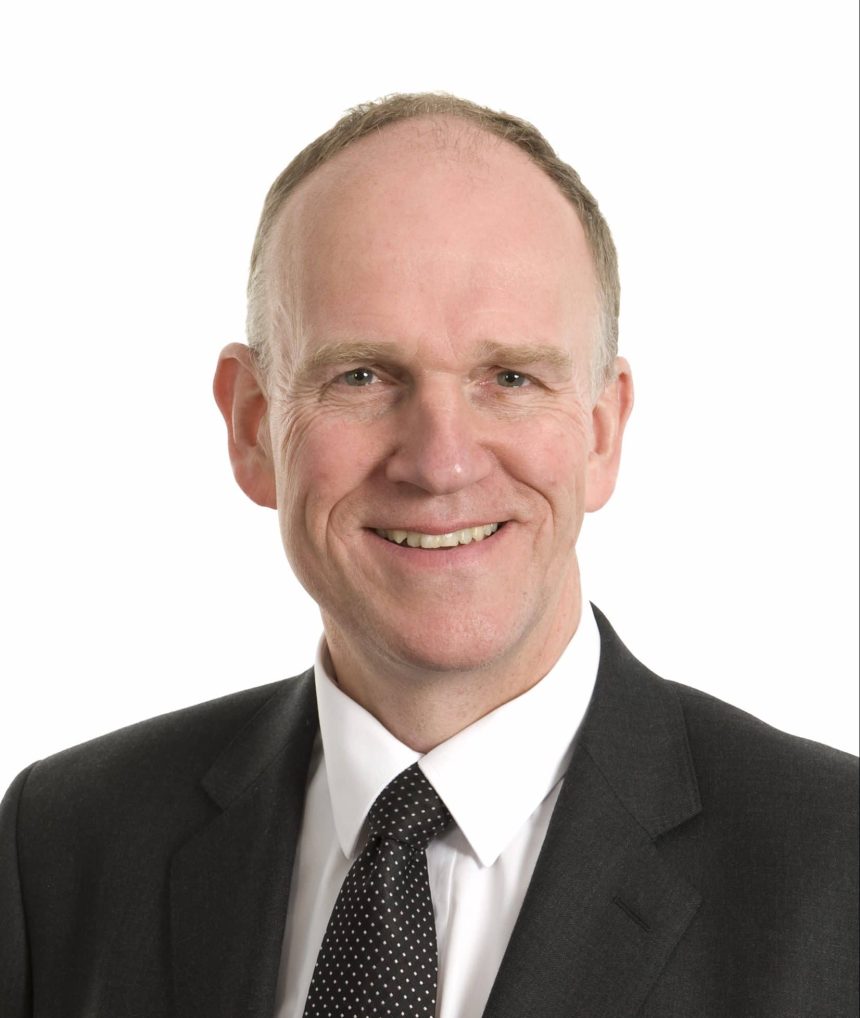Steve Whiteway (pictured), Administrator of the Guild of British Coach Operators (GoBCO), has shared his views about the role of DVSA’s Earned Recognition (ER) scheme within the coach industry, describing it as a valuable initiative but one that would benefit from stronger incentives and broader uptake to reach its full potential.
The ER scheme is an accreditation that signifies an operator with a demonstrated high level of compliance. GoBCO recommends membership to Guild members as a “natural fit”; of its 25 members, eight are now ER accredited. Another seven are “actively looking” to ER membership, which would bring the total to 15.
Mr Whiteway says it is likely within two years that some two-thirds of the Guild will be ER accredited. Eventually, he says, all members are likely to be members of ER, though he adds that GoBCO will stop short of making ER a Guild requirement. “We did think about ER as a condition of membership,” he says, “but our own audit is pretty exacting. While we might be positive about our members passing an ER audit, it didn’t feel right to force them to do it.”
While DVSA encourages uptake by offering reduced roadside checks in exchange for regularly submitted performance data, Mr Whiteway argues the initiative’s growth is undermined by a lack of more tangible benefits, particularly in the absence of procurement mandates.
That, he says, is a frustration for DVSA, as more operators would likely sign up for ER if such benefits existed.
One example of a successful model is the Fleet Operator Recognition Scheme (FORS) where customers can stipulate FORS membership when approving a supplier. Mr Whiteway suggests ER could be applied in a similar way, either as a stipulation for school or government contracts. But that is not without its challenges.
“Because we’re so fragmented in our industry, the only way that would work is if, for example, schools are told they can only select a transport provider from the ER list. There has been some move to that, with limited success. But DVSA does not have the power to enforce it, and the government is reluctant to make it a requirement as it is likely that prices would increase in order to improve quality. There are also many smaller operators in the wider industry that are unlikely to seek ER status.”
But Mr Whiteway does see ER evolving in a limited way. “I think it would gain kudos the more that are in it, and it is going to be essential for DVSA to increase membership,” he says. “Many people see a coach and assume the quality is there within the O-Licence. But there is no real audit process involved with a standard O-Licence. The more professional the industry gets, the more we will need some form of accreditation to attain certain types of work. If a major incident was to happen, the industry may be forced down a route where ER becomes the norm.”
Mr Whiteway also suggests the long-term future of ER hinges on DVSA’s ability to modernise enforcement and delegate more roles, given staffing constraints among qualified inspectors. But he concludes with cautious optimism: “We’re positive about ER, but we share the frustration that there are not enough operators in it. Government hesitation around raising costs is holding it back. But if the scheme was better promoted and tied to public contracts, it could become the standard — and rightly so.”


























